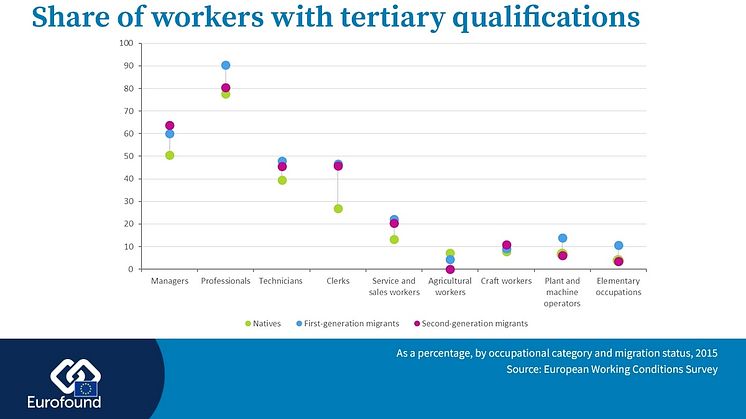Living and working in Europe: A compendium of life before the Coronavirus
The latest Living and working in Europe yearbook provides a snapshot of life and work in Europe before the onset of the Coronavirus (COVID-19).
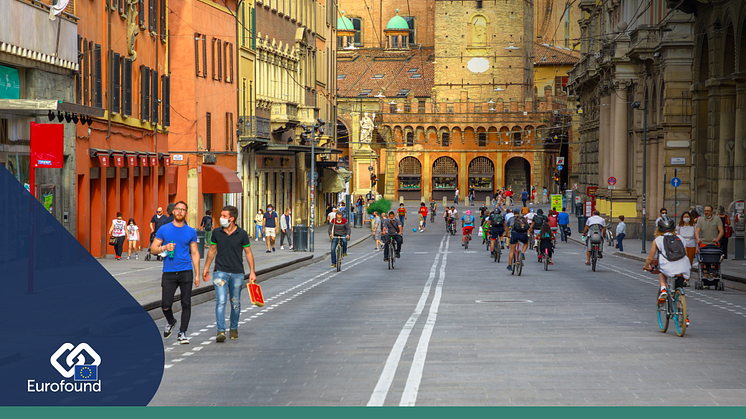
The latest Living and working in Europe yearbook provides a snapshot of life and work in Europe before the onset of the Coronavirus (COVID-19).

Join us on 10 June for a live #AskTheExpert webinar and Q&A with @MascheriniM and @MaryMcCaugheyEF about #COVID19SurveyEU findings to discuss why particular groups of people are feeling the impact more than others and explore the policy options to help address these challenges.
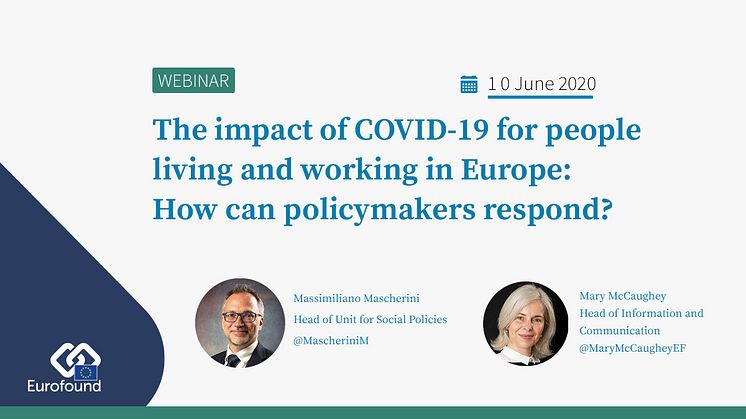
First findings from Eurofound's Living, working and COVID-19 online survey provide early indications that people in Denmark have been some of the least impacted by the COVID-19 crisis. The pan-European survey reveals that respondents in Denmark report some of the lowest levels of job loss and financial insecurity in the EU.
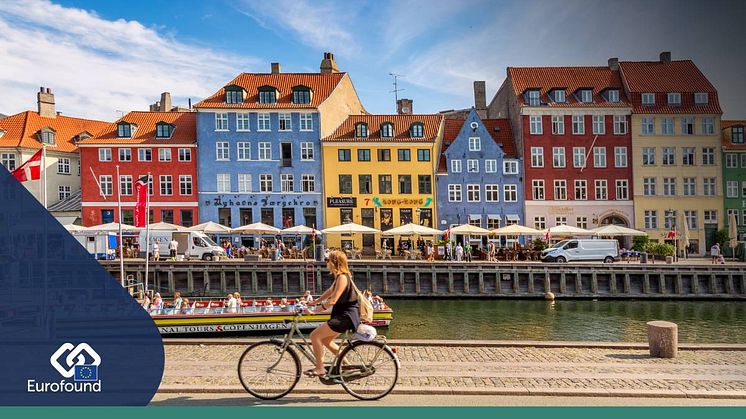
Statutory minimum wages were raised in most EU countries for 2020 – in many even substantially, such as in Poland 17%, Slovakia 12%, and Czechia 11% - according to Eurofound’s ‘Minimum wages in 2020: Annual review’ published today.

People in the EU aged 18-34 report being more likely to feel depressed, lonely, and anxious than those aged 35 and over. They also indicate lower levels of resilience in dealing with problems in life.
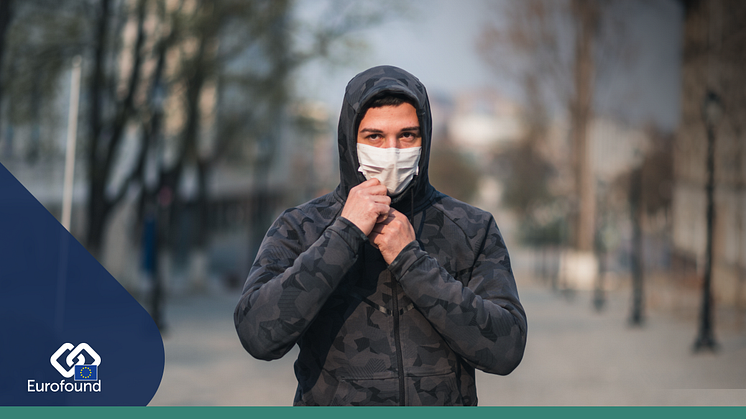
Eurofound has this week launched COVID-19 EU PolicyWatch, a database collating and mapping the policy responses introduced in Member States, along with the UK and Norway, to alleviate the social and economic impact of COVID-19 restrictions.

Nearly half of people surveyed in Spain report that their financial situation is worse now than three months ago, and a similar proportion expect the situation to get worse in the future. Spain also reports above EU average job loss as a result of the Coronavirus (COVID-19) pandemic.

People in Italy reported both the third lowest optimism for the future, and fourth lowest mental well-being, in the EU in Eurofound’s Living, working and COVID-19 online survey. The survey amassed over 85,000 responses in April, including 2,676 from Italy.
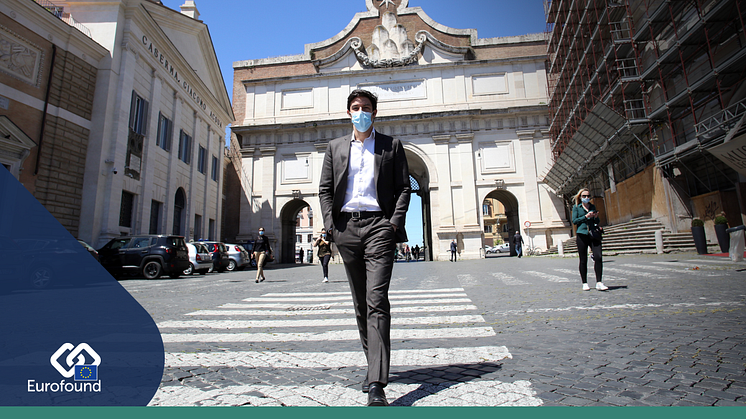
Trust in institutions such as the news media, national government, European Union, healthcare system and Gardaí has remained comparably high in Ireland during the COVID-19 pandemic, despite dropping levels of trust across Europe.

On Europe Day 2020, the EU institutions want to pay tribute through numerous online activities to the many Europeans who, in a spirit of solidarity, are helping our Union get through the coronavirus crisis.

Eurofound research shows that the healthcare sector already has among the highest reported work intensity scores in Europe. COVID-19 risks not only exacerbating imbalance between sectors, but also creating a broader gender imbalance in work intensity on the labour market, as women are most represented in healthcare.

The coronavirus (COVID-19) pandemic presents unprecedented health, social and economic challenges for Europe, and has profound implications for the way people live and work across the globe. One of the changes that it is already having is the proportion of people working from home.

Bulgaria has experienced seismic shifts in typical household composition over the last decade; reporting the largest decrease in the share of multigenerational households in the EU, as well as increasing levels of cohabitation and people living alone. These societal trends occur at the same time as improving quality of life, higher labour market participation rates and population ageing.

The new von der Leyen Commission took office on 1 December 2019. Having adopted its first work programme on 29 January 2020, the Commission sets out its plans for a transition to a fair, climate-neutral and digital Europe. It outlines six top priorities. Eurofound’s work directly feeds into a number of these key areas aimed at creating a strong social Europe.
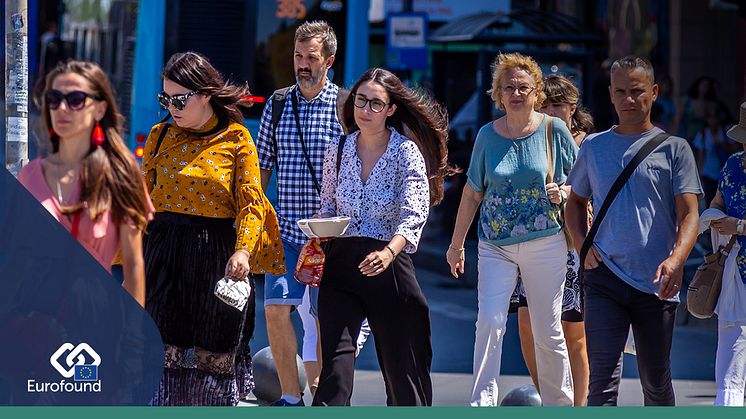
Estonia reports substantial increases to life satisfaction and happiness levels over the last fifteen years and optimism for the future is high with 69% feeling optimistic for their children’s or grandchildren’s future - above the EU average of 57%. Coupled with this, the perceived quality of public services has improved with childcare and public transport seeing the greatest increases.

We hear more and more about the platform economy, with the debate often revolving around the potential long-term implications of its growth on the labour market and the impact on traditional and established businesses and industries. There has been increasing calls for a legislative response at European and national level, but what information do we have for evidence-based policy making?

As one of their ‘100 days in office’ initiatives, the new European Commission intends to propose an initiative for an EU minimum wage. The aim is that by 2024 every worker in the EU should earn a fair and adequate wage, no matter where they live. And despite the Commission’s assurance that this would not alter national traditions of wage-setting, emotions are already running high

A common understanding of labour market segmentation is necessary to tackle poor quality jobs with lack of opportunities, affecting especially young people, women, immigrants and lower-educated individuals on the labour market. A new ambitious report explores why segmentation is problematic and identifies policy approaches which could be helpful in tackling this phenomenon.

As Romania celebrates its national day on Sunday, we mark the occasion by sharing our research and analysis to provide a snapshot of current living and working conditions.

First-generation migrants in the EU are significantly more likely to have attained tertiary qualifications than natives and second-generation migrants. However, first-generation migrant workers are also more likely to have primary education only, compared to the native population. This shows that educational attainment is more polarised.
